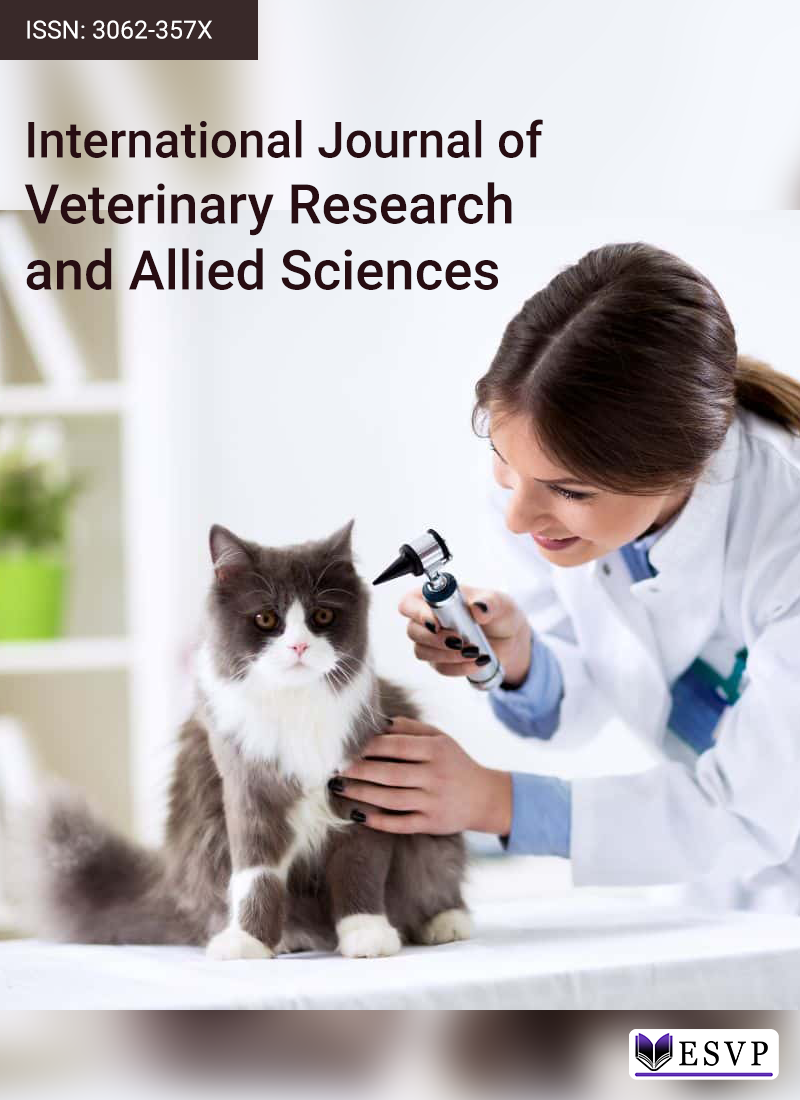
The preservation of biodiversity is essential due to the profound impacts of human activities on natural ecosystems. Human-induced factors, including the expansion of agricultural boundaries, the introduction of non-native species, and deforestation, are among the primary causes of biodiversity changes. Insects, as a key component of entomofauna, serve as valuable indicators of environmental health and play essential roles in ecological processes such as pollination and organic matter decomposition. This study examines the understory entomofauna at the Faculty of Veterinary Sciences at the National University of Rosario, Argentina. Multiple sampling sessions were conducted in 2022 at 5 distinct microsites characterized by different levels of herbaceous, shrub, and tree vegetation. Arthropods were collected using pitfall traps, yielding 2,631 specimens of 68 morphospecies distributed in 5 classes, 15 orders, and 43 families. Among them, the class Insecta exhibited the highest richness and abundance, comprising 82.35% of the morphospecies and 35.80% of the total collected specimens. Despite only two species being represented, the class Malacostraca dominated in abundance, accounting for 58.57% of the captured individuals. Analysis of the biodiversity of the microsites showed that sites 5 and 1 harbored the highest diversity. The low similarity observed between the microsites suggests that changes in the surrounding landscape significantly affect the entomofaunal composition. The findings of this research provide an important reference point for the understory entomofauna in the Faculty of Veterinary Sciences. The diversity observed underscores the ecological significance of this habitat, with special emphasis on species such as Armadillidium vulgare and Enthomobryidae sp. due to their contributions to ecosystem functions. This study provides a foundation for future comparative research and emphasizes the importance of integrating biodiversity considerations into conservation strategies and environmental management policies.